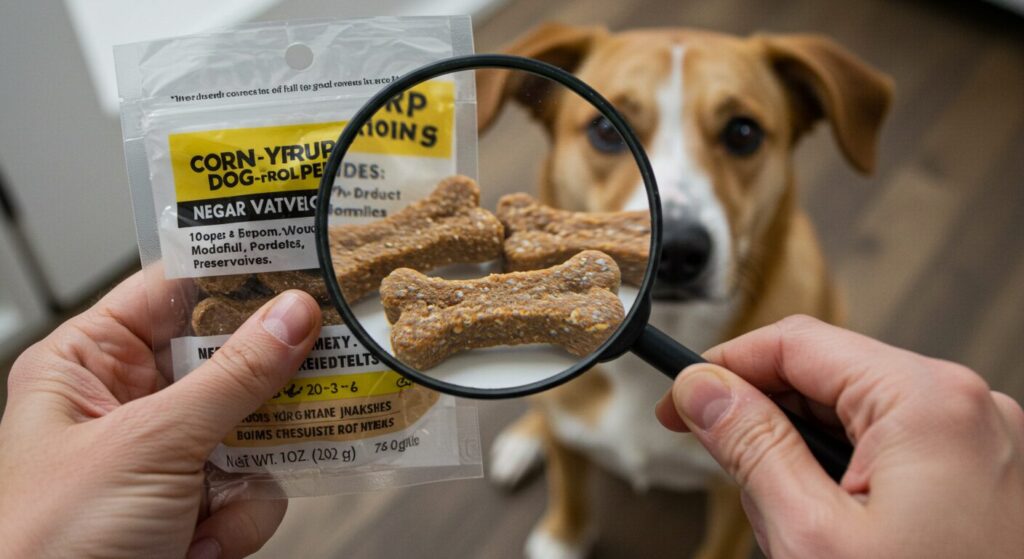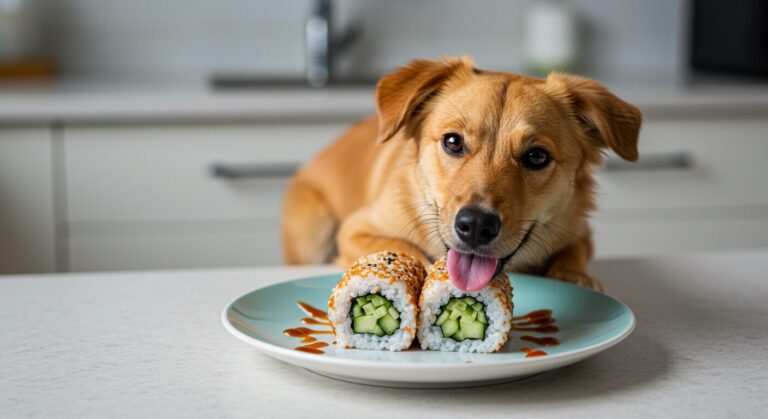Can Treats Give Dogs Diarrhea?
Yes, dog treats can cause diarrhea in some dogs, especially when consumed in excess or if they contain certain ingredients that are difficult for your dog to digest. Understanding why this happens can help you make better choices when selecting treats for your dog and ensure they enjoy their snacks without any unpleasant side effects.

In this section, we will explore the potential causes of diarrhea in dogs due to treats, the types of treats that can trigger this reaction, and how to prevent digestive upset. By the end of this article, you’ll know how to safely treat your dog to keep them healthy and happy.
What Causes Diarrhea in Dogs After Eating Treats?
Diarrhea in dogs can be caused by various factors, with the primary one being an upset stomach from consuming something that doesn’t sit well with them. When dogs eat too many treats, especially those that are high in fat, sugar, or artificial additives, it can overload their digestive system.
In some cases, even a change in diet or the introduction of a new treat can cause gastrointestinal distress. The body of a dog may react to unfamiliar ingredients, resulting in a digestive issue like diarrhea. Other contributing factors include:
- Overconsumption: Dogs have small stomachs, and eating too many treats in a short period can disrupt their digestive process. Even if the treats are healthy, too much can overwhelm their system.
- Low-quality ingredients: Some treats contain fillers, preservatives, or artificial additives that are hard for dogs to digest. These ingredients can irritate the intestines and lead to diarrhea.
- Food allergies or sensitivities: Dogs with food allergies or sensitivities may experience gastrointestinal issues when exposed to ingredients they cannot tolerate, such as wheat, soy, or dairy.
- Fatty or rich treats: Treats that are high in fat or oils can be difficult for some dogs to process, especially if they are not used to such rich food. This can lead to upset stomachs, vomiting, and diarrhea.

How Do Different Types of Treats Affect Dogs?
Understanding how different types of treats can affect your dog’s digestive system is key to choosing the right snacks. Some treats are more likely to cause digestive issues than others. Let’s take a look at the common types of treats and their potential to cause diarrhea.
1. Rawhide and Chew Treats
- Rawhide chews are often made from animal hides and are highly digestible for most dogs. However, when eaten in large quantities, they can be difficult for some dogs to break down, leading to stomach upset and diarrhea. Additionally, if the rawhide is not processed properly or contains added chemicals, it could contribute to gastrointestinal problems.
2. Jerky Treats
- Jerky treats made from chicken, beef, or other meats are popular among pet owners, but they can be high in sodium and preservatives. Too many jerky treats can cause your dog to have an upset stomach, leading to diarrhea. The high sodium content can also dehydrate your dog, which may exacerbate the situation.
3. Biscuits and Baked Goods
- Many dog biscuits are made with grains like wheat, corn, and soy. These ingredients can be difficult for some dogs to digest, particularly if they have food sensitivities or allergies. Additionally, some treats are high in sugar, which can upset the balance of gut bacteria and result in diarrhea.
4. Soft Chews and Supplements
- While soft chews and supplements may seem harmless, they often contain artificial flavors, preservatives, and sugars that can cause gastrointestinal upset in dogs. If your dog has a sensitive stomach, these types of treats might be more likely to lead to diarrhea.

How to Prevent Diarrhea from Dog Treats
1. Choose High-Quality Treats
- When selecting treats for your dog, always prioritize high-quality options. Look for treats that are made from natural, easily digestible ingredients, and avoid those with artificial additives, colors, or preservatives. Opt for treats that are free from grains if your dog has known sensitivities.
2. Introduce New Treats Gradually
- If you’re introducing a new treat to your dog’s diet, it’s important to do so gradually. Start with small amounts and monitor your dog’s reaction. If there’s no sign of gastrointestinal upset after a few days, you can increase the amount. If diarrhea develops, stop giving that particular treat and consult with your vet.
3. Limit the Amount of Treats
- Treats should never make up more than 10% of your dog’s daily caloric intake. Giving too many treats, even healthy ones, can overwhelm your dog’s digestive system and lead to diarrhea. Stick to the recommended serving size, and use treats as a supplement to their regular diet rather than a main source of food.
4. Watch for Food Sensitivities
- If your dog has a history of food sensitivities or allergies, it’s crucial to choose treats that cater to their dietary needs. Treats that contain beef, chicken, dairy, or grains might not sit well with certain dogs. Speak to your veterinarian about hypoallergenic treat options if your dog has known sensitivities.
5. Hydration is Key
- Diarrhea can cause dehydration, so ensure your dog always has access to fresh water, especially if they’re dealing with digestive upset. Keeping your dog well-hydrated will help them recover faster and prevent complications from dehydration.

When Should You Be Concerned About Diarrhea from Dog Treats?
If your dog experiences diarrhea after eating treats, it’s usually a temporary issue that can be resolved by adjusting their diet. However, there are certain signs that should prompt you to contact your vet. These include:
- Persistent diarrhea: If diarrhea lasts more than 24-48 hours despite stopping the treats, it could indicate an underlying issue like a gastrointestinal infection, parasites, or food intolerance.
- Vomiting or lethargy: If your dog is vomiting or showing signs of extreme lethargy alongside diarrhea, this may be a sign of a more serious condition that requires immediate veterinary attention.
- Blood in stool: If you notice blood in your dog’s stool or the stool becomes dark and tarry, it’s important to seek veterinary care right away.
Conclusion
Treats can indeed cause diarrhea in dogs, but with the right precautions, it’s easy to prevent this issue. Always choose high-quality, easily digestible treats and introduce them gradually. Pay attention to portion sizes and be mindful of your dog’s food sensitivities. Most importantly, remember that treats should never replace a balanced diet, and moderation is key to keeping your dog healthy.
If your dog experiences persistent diarrhea or additional concerning symptoms after consuming treats, it’s important to consult with your veterinarian to ensure there isn’t an underlying health issue.
For more information on dog food and care, check out these helpful resources:
By staying informed and attentive, you can help your dog enjoy treats safely while avoiding any unwanted digestive issues.
Get dog tips & joy! Subscribe to Paw Prints!








